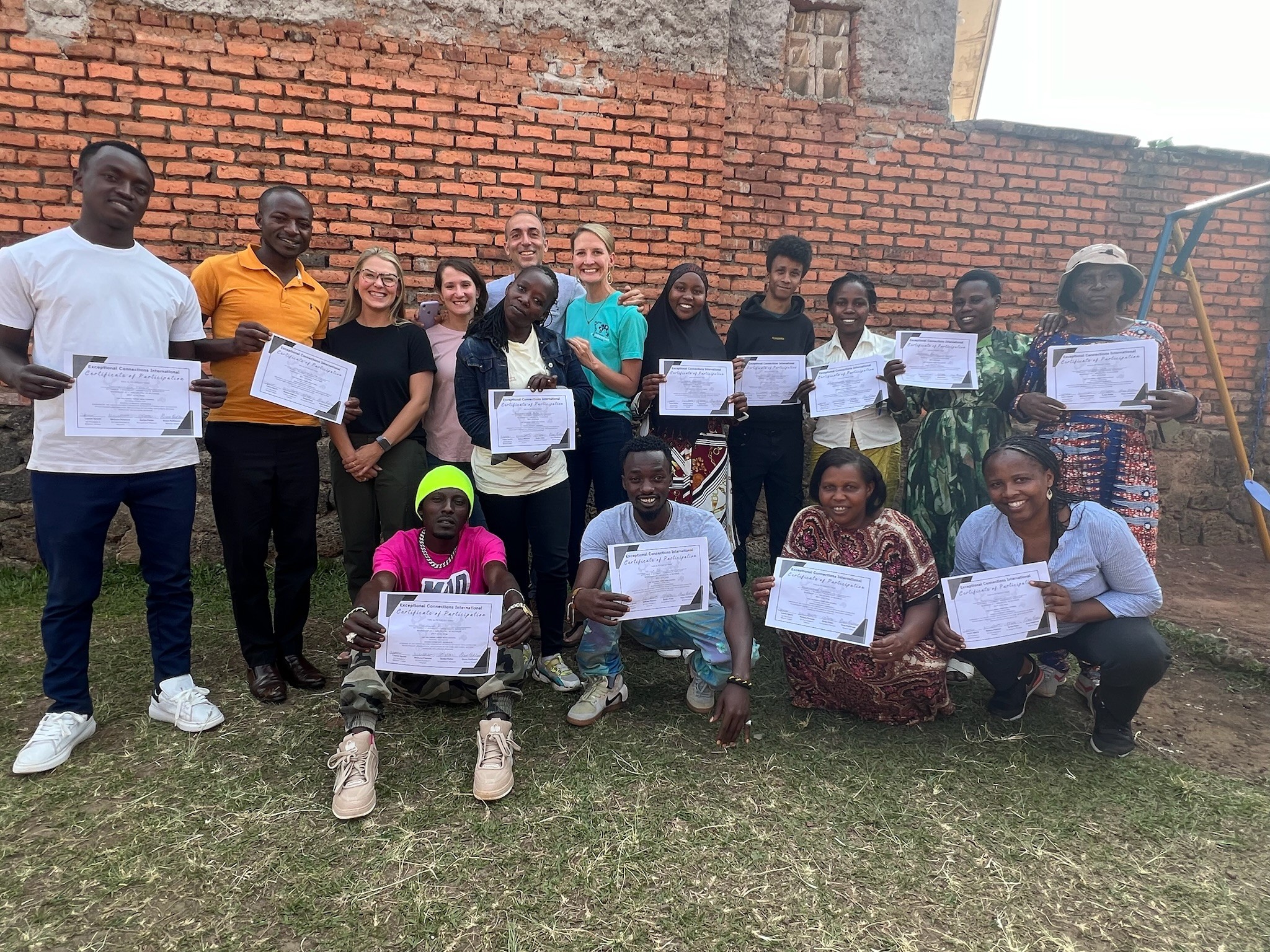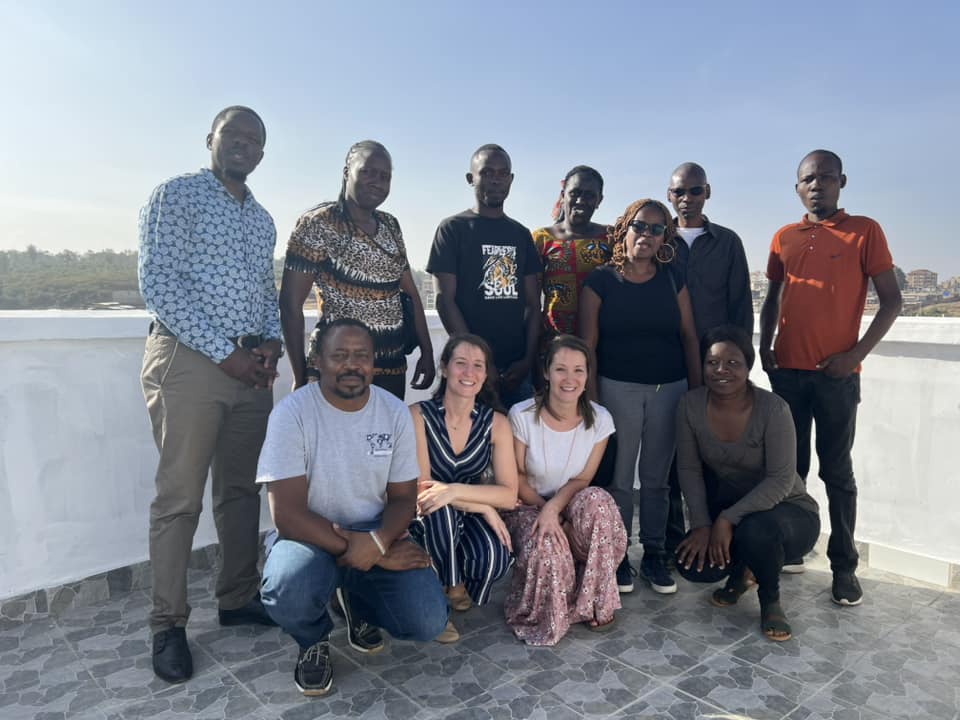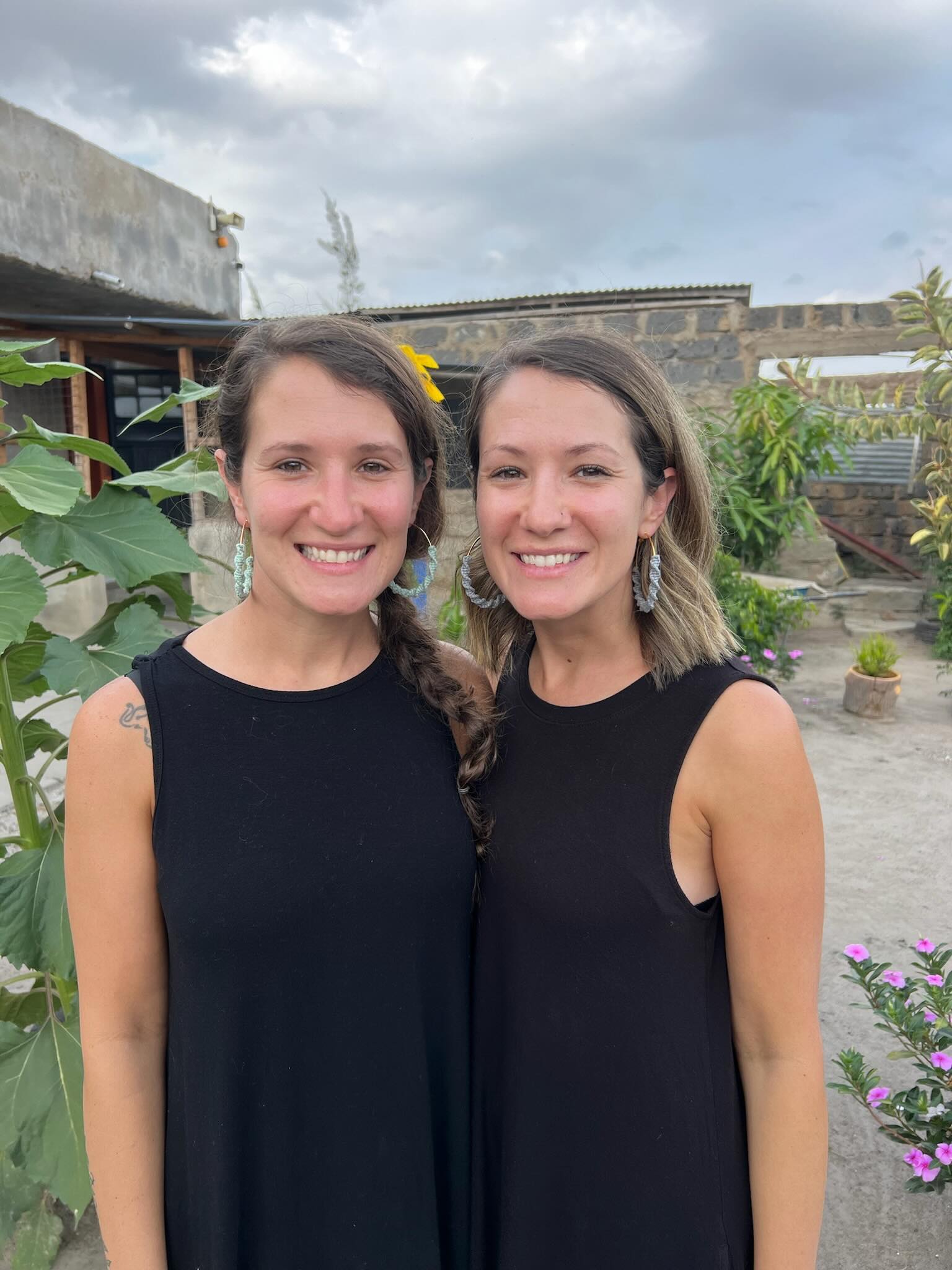We recently connected with Lauren & Melissa and have shared our conversation below.
Lauren & Melissa, thanks for taking the time to share your stories with us today Is there a heartwarming story from your career that you look back on?
There are countless! However, the one that we share the most is the story about Ryan. Ryan is a young man living with autism in Kenya. When we first met Ryan’s mother in 2022, she attended our trainings without him. Ryan does not speak, and he was exhibiting some very challenging behaviors at the time. His mother was afraid to take him out into the community and couldn’t bring him with her to our trainings due to his behaviors. Our team gave a presentation that year on reducing challenging behavior and teaching new and appropriate skills to replace it. We met with Ryan’s mother that year, as well, and spent one-on-one time with her to learn more about her family’s needs. Our team was able to provide her with further suggestions more individualized to their situation in attempt to assist her in helping Ryan learn safer skills. Our hope was that Ryan could safely leave his home someday. The following year, when our team returned, not only did Ryan’s mother report that his behaviors had reduced significantly, but she shared that she would be bringing him to our family fun day! In 2023 we were officially able to meet Ryan! He was able to enjoy a day of exciting activities outside of his home; he celebrated his 22nd birthday with friends; and his mother was able to share in the joy with him and her community. While Ryan’s mother credits our team for much of his progress, we know that she’s the true warrior here. Without her eagerness to learn and determination to make a change in both of their lives, Ryan might not have made such awesome strides. Each visit we make to Kenya, we are always excited to learn more about Ryan’s progress!
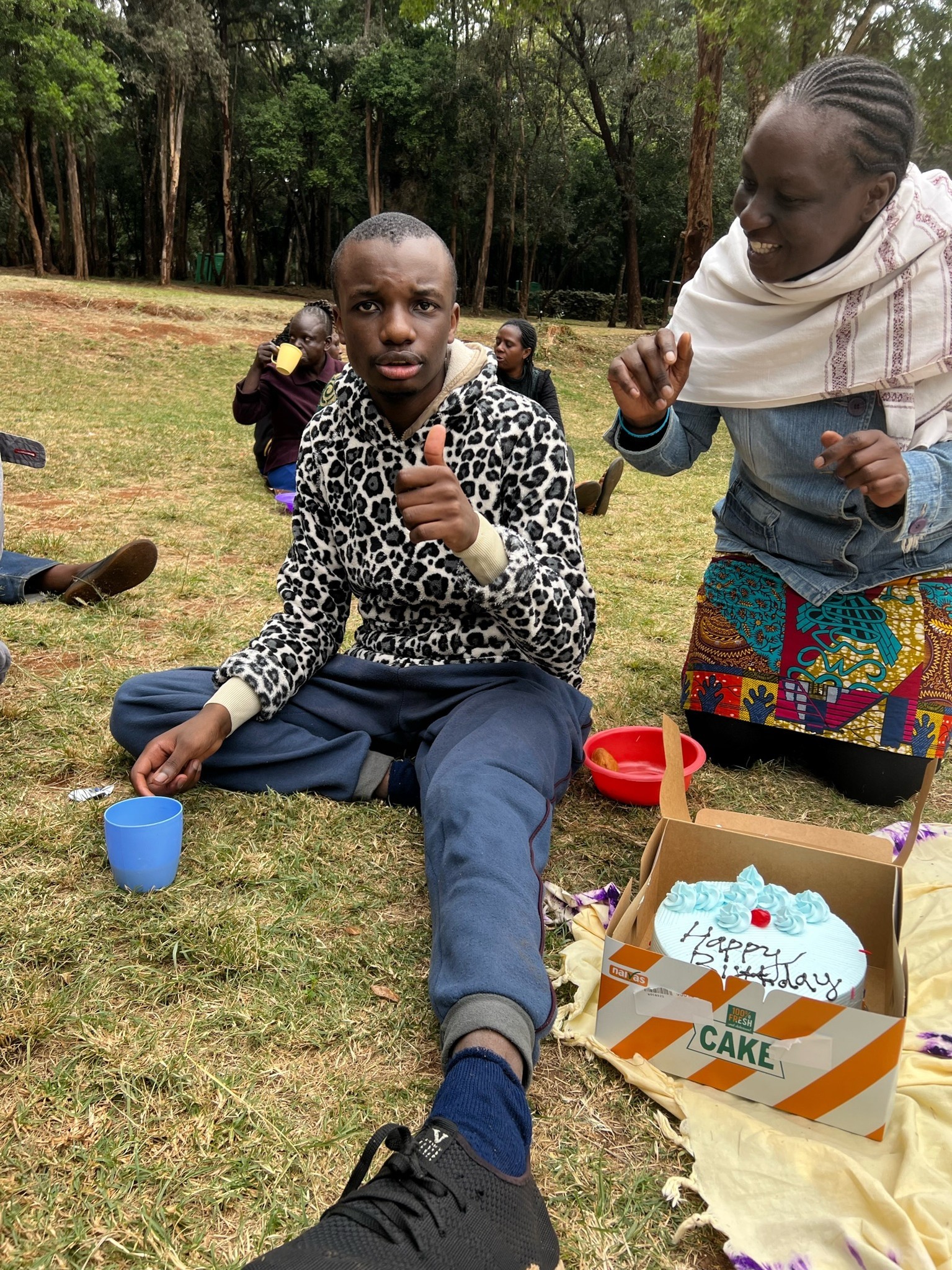
Lauren & Melissa, love having you share your insights with us. Before we ask you more questions, maybe you can take a moment to introduce yourself to our readers who might have missed our earlier conversations?
We are Lauren and Melissa, twin sisters from Tennessee. We were born and raised in the Memphis area and have always had a passion for empowering people with disabilities. When we were 15 years old, we started volunteering with the special need’s ministry at our church and immediately fell in love with this community. It has inspired our journey into adulthood. Lauren has her undergraduate and graduate degrees in Special Education related fields, Melissa received her undergraduate in Psychology and Sociology, and we both continue to support the disability community around Memphis in various ways. In 2015, we were connected with a teacher couple from Kibera, Kenya due to our involvement with the disability community in Memphis and helping get many programs started in the area. Kibera is one of the largest slums in Africa and has very minimal supports for people with disabilities. These teachers wanted assistance with their inclusive school, one of the few schools in the area to educate students with special needs, and they invited us to visit them in Kenya. In July 2016, the two of us headed off to Kenya on our own and completed our first of many successful trips! Out of this initial visit, Exceptional Connections International (ECI) was born. ECI recruits professional volunteers to travel abroad with us each year to provide special education-based training to parents, teachers, and related professionals in our Partners’ communities. Additionally, we focus on raising community awareness for people with disabilities, as each of our Partners are in areas where there is a strong stigma. In 2015, ECI started with one Partner organization in Kenya and have now grown to three Partner organizations in Kenya, one in Haiti, one in Rwanda, and one in the USA. We travel twice a year with a team of professionals to East Africa and carryout monthly Zoom trainings when we aren’t in-country. We feel our sustainability model sets us apart from many other organizations who work in developing communities. The support we provide is education-based only; we don’t provide financial support or funding. We believe that education is the gift that keeps on giving! We can always provide it (as long as there is internet!) and those we are training can take that knowledge and continue to pass it on to others. Additionally, we have long-term relationships with all of our Partners. We visit them twice per year and when we aren’t in-country, we are able to maintain our services through on-going virtual support. We have learned that it is vital to listen to our Partners’ needs. So, you won’t hear us offering unsolicited advice or telling our Partners what they need to learn. We let them take the lead and they advise us on the trainings and topics they want to learn more about. We are proud to be the cheerleaders for the fabulous change-makers we are working alongside!
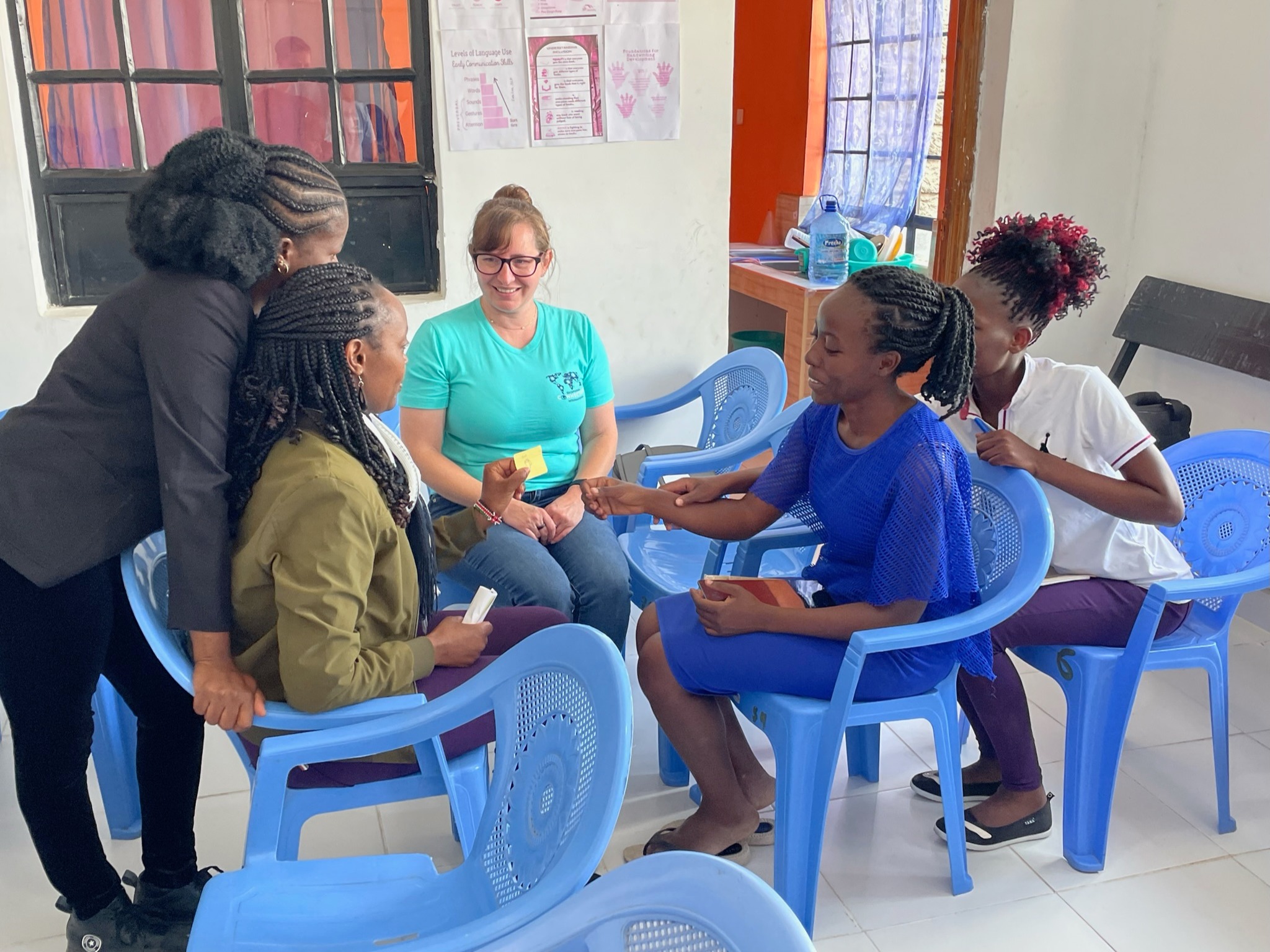
Other than training/knowledge, what do you think is most helpful for succeeding in your field?
Listening to our Partners always comes first. We have 4 partners we visit in Africa, and they all live in very different communities. If we didn’t listen to each of them and their needs, then our mission would be pointless. We would be thoughtlessly guiding communities to engage in practices that may or may not be relevant or benefit the professionals and families we serve. At ECI, we are constantly working with our Partners to learn about the gaps and needs in their areas. With any of our training sessions, whether it’s on Zoom or in-person at each of our Partner sites, the topics we present on are based on our Partners’ requests. They know their people best and seek input from the teachers and parents they work closely with. We feel this is incredibly important to the success of our mission. School is not free in the communities we serve. Students with disabilities are not welcome in every school. Not all families have the means to access therapies or specialized schools that their children are welcome to attend, and not all people have the ability to access information on the internet. By listening to our Partners, we are able to equip their communities and programs with education and knowledge that they can use and reproduce in their own homes and classrooms to make a real impact.
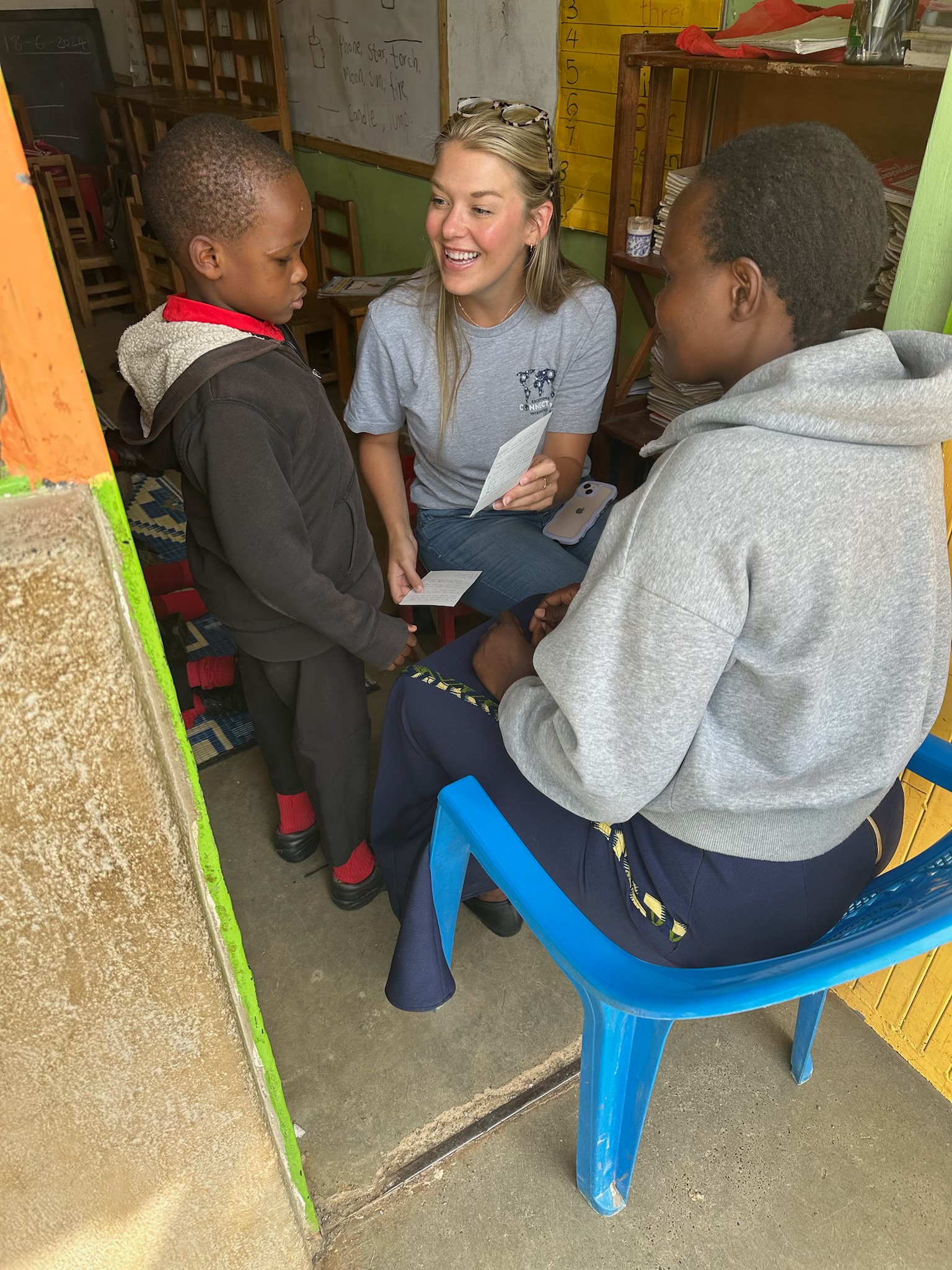
We often hear about learning lessons – but just as important is unlearning lessons. Have you ever had to unlearn a lesson?
There is always a learning curve in the non-profit field, and especially with working in other countries and learning about new cultures. Our hardest lesson to learn, and one we always refer back to, came before we were up and running as an organization. Growing up in the church, we were taught about the “short-term” mission model. While we support the drive to help others, we knew we wanted to make a long-term commitment to the communities we would serve. Through research of our own, traveling with other organizations, and retraining our own mindsets, we are very proud of the model we have created. We have learned that short-term projects don’t have the same impact on communities as long-term partnerships do. Education and training can go a longer way than financial assistance, and it can’t be taken away or spent. Long-term Partnerships become long-term relationships, and with that you have deeper connections. This model allows us to track the progress of our Partners’ programs and see the actual growth within their communities. With almost every decision we make as an organization, we come back to our sustainability model. It allows us to evaluate if new programs or projects are within our mission and within our capabilities as an organization. We are able to actively apply this lesson as our “rule of thumb” in all aspects of ECI.
Contact Info:
- Website: https://www.ExceptionalConnectionsInternational.com
- Instagram: https://www.instagram.com/exceptional_connections_intl/
- Facebook: https://www.facebook.com/Exceptional2018
